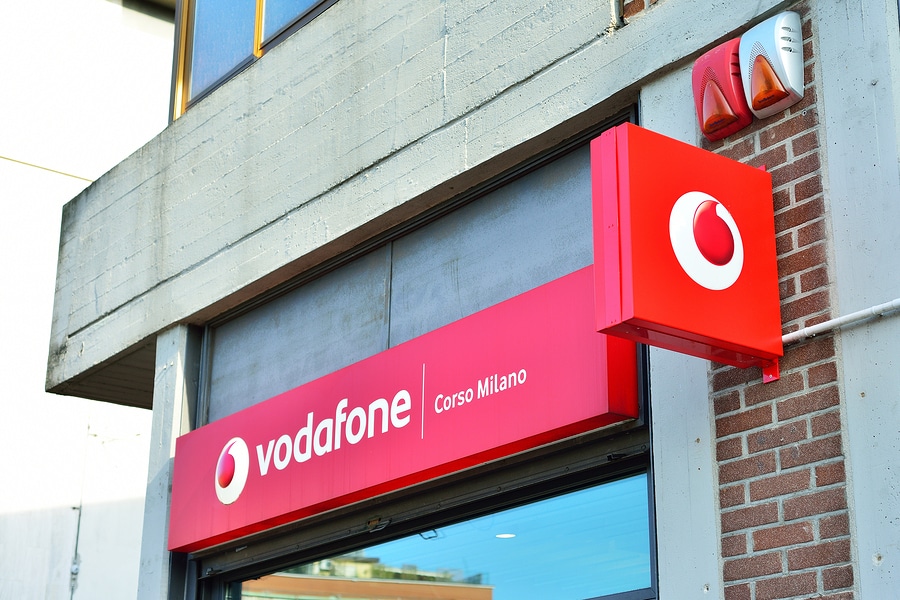The Delhi High Court dismissed the Indian government’s plea challenging British telecom company Vodafone’s two international arbitrations against India in a case related to retrospective tax amounting to more than Rs 20,000 crore. The Indian government demanded the tax under a retrospective law of 2012.
The high court allowed the second arbitration initiated by Vodafone Plc. under the India-UK Bilateral Investment Protection Agreement, and Justice Manmohan said the Center can approach the UK arbitration tribunal under the India-United Kingdom Bilateral Investment Protection Agreement (BIPA) for its grievance.
Vodafone has initiated two arbitration proceedings under the India-United Kingdom and India-Netherlands Bilateral Investment Protection Agreements against India’s tax demand raised against the company in relation to its $11 billion deal to acquire stakes in Hutchison Telecom.
Vodafone initiated a second arbitration under India-UK BIPA on Jan. 24, 2017 while proceedings under the India-Netherlands BIPA were pending.
The Indian government in its plea challenging the second arbitration raised by Vodafone against India told the high court that the Vodafone Group had abused the process of law by initiating two international arbitrations. The Center had said the two claims were based on the same cause of action and they seek identical reliefs, but from two different tribunals constituted under two different investment treaties against the same host state, according to the Press Trust of India.
The case against Vodafone was raised by the UPA-II government when it imposed a tax liability on the telecom major to the tune of Rs 11,000 crore, claiming that the telecom major had failed to deduct the tax at source under the Income tax Act.
In 2012, the Supreme Court quashed the demand made by the government by saying that the firm acted “within the four corners of law.” The government had then amended the income tax laws retrospectively and reinstated the tax liability, which had by then swelled to Rs 20,000 crore, including interest and penalties.
The Income Tax department had argued that based on Section 9 (1) (i) of the ITA, “all income accruing or arising, whether directly or indirectly, through or from any business connection in India, or through or from any property in India, or through or from any asset or source of income in India or through the transfer of a capital asset situate in India.” The Income Tax department also sent a notice to Vodafone threatening to seize assets if the company doesn’t pay the taxes, according to reports.
Vodafone had purchased 52 per cent stake in Hutchison Essar and the company’s subsidiary exchanged cash for shares with a similar holding company for Hutchison Essar in far off Cayman Islands, according to Zee News.
